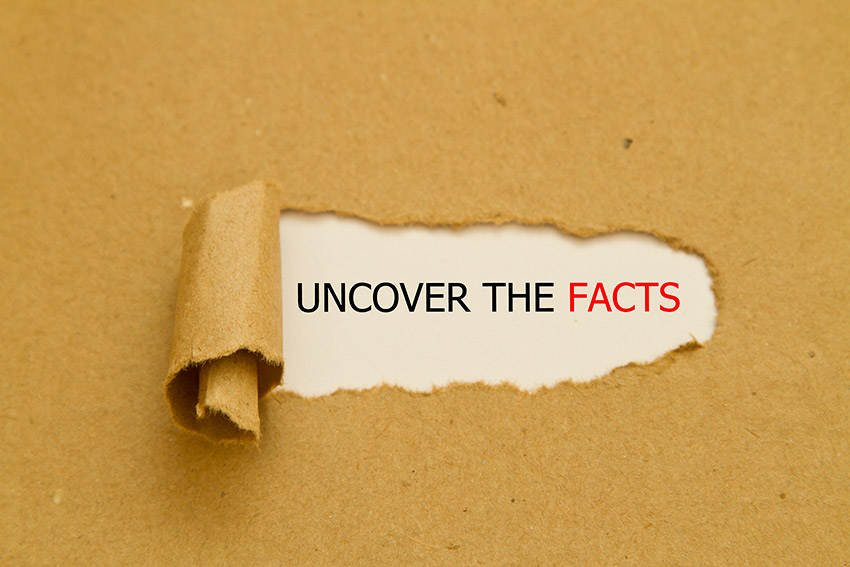21 December 2017
Legal Pros Need Expertise In E-discovery
By Jennifer McEntee

Before the advent of the internet, all the documents required for a legal proceeding might amount to stacks of paper stored in cardboard banker’s boxes. Today—in an era when data can be transmitted in an email via smartphone and deleted with the swipe of a finger—the rules for how legally sensitive electronic information is stored, maintained, modified, transmitted, and destroyed are more complex.
“Unfortunately, it often only comes to light when an attorney makes a mistake,” said Julia Dunlap, Esq., director of business and legal education for UC San Diego Extension.
Legal professionals are increasingly obligated by state and federal ethics guidelines to show technological competency in electronic discovery and litigation. Everyone from new paralegals to seasoned attorneys is expected to have the technical skills to not only gather digital data for a case, but also to understand how their clients use technology, and even how any outside vendors might be handling sensitive electronic records.
“It raises the bar so much on what you need to do to best represent the client,” Dunlap said. “Almost every client is going to have some sort of electronically stored information.”
Jeff Bennion, with the San Diego-based Law Office of Jeff Bennion, said not every case is specifically focused on electronic discovery, but that every case has some aspects of e-discovery. He recently handled a landscaping dispute in which he was tasked to demonstrate that he had followed the protocols for pulling relevant data off computer hard drives.
“E-discovery can be a shield and a sword,” said Bennion, explaining that the task of e-discovery is ethically necessary but also a worthy tool in the courtroom.
Called the “duty of competency,” legal professionals can’t intentionally, recklessly or repeatedly fail to perform legal services with competence. If the legal professional doesn’t have the skill to perform the legal service, they need to acquire the skill or associate with a legal professional who is competent, according to Dunlap.
Electronically stored information (ESI) is any data created, manipulated, communicated, or stored in digital form using computer hardware and software. It’s an exhaustively broad category—ESI can include electronically stored writings, drawings, photos, graphs or charts, recordings, or data compilations.
UC San Diego Extension’s paralegal program has long included computer classes within the curriculum, but Dunlap said it became increasingly clear that legal professionals needed more tailored education on electronic discovery as the use of technology in law evolves.
UC San Diego Extension offers an E-Discovery and Litigation Technology online certificate taught by legal professionals and technology experts including Bennion. The interactive coursework guides students through advanced electronic analytics for identifying relevant documents, legal software used for managing databases, and how to use technology to create persuasive trial presentations.
Bennion said the certification program isn’t an online tutorial steeped in theory. With real world experience from practicing legal professionals and a robust discussion board, along with access to industry-specific software, students get hands-on instruction they can use at the office tomorrow, he said.
“It’s the kind of feedback that you get in a classroom setting, on your own pace,” Bennion said. “I think that the best thing students can walk away with is practical knowledge.”
The certificate program includes two courses. Understanding E-Discovery and Litigation Technology is offered in the winter and summer, and is worth five academic units. Applying E-Discovery and Litigation Technology is offered in the fall and spring, and is worth six units.
The program can be completed in as little as six months and is worth 40 hours of Minimum Continuing Legal Education (MCLE) credit. All attorneys practicing law in California must complete 25 hours of MCLE every three years, according to the State Bar of California.
The E-Discovery and Litigation Technology certificate program has been offered in its current iteration for just under two years, Dunlap said. Anywhere from five to 15 students have participated in each class, but she expects class sizes to grow as demand for this kind of technological expertise grows. And because the coursework and discussion groups are entirely online, students needn’t be in San Diego or even in California to participate.
Dunlap said the program is for any legal professional who needs to increase their competency while exploring this new field of litigation technology. More technological expertise means greater potential career opportunities, she said.
“There are better jobs to be had,” she said.
Bennion concurs. “It’s a fantastic way to get ahead in a burgeoning, niche practice,” he said.
Dunlap said she’s made it her mission in recent years to make sure legal professionals understand how important it is to further their education to better address clients’ modern-day e-discovery and litigation technology needs. After all, what you don’t know could hurt you.
“Before they start getting into trouble for what they don’t know, they should be getting the education to handle these roles,” she said.
Learn more about the E-Discovery and Litigation Technology online certificate program on our website, or contact the department at unexlaw@ucsd.edu or (858) 534-8164.